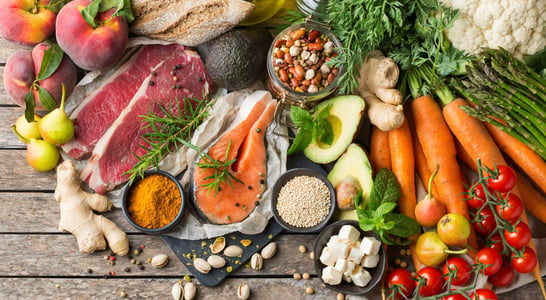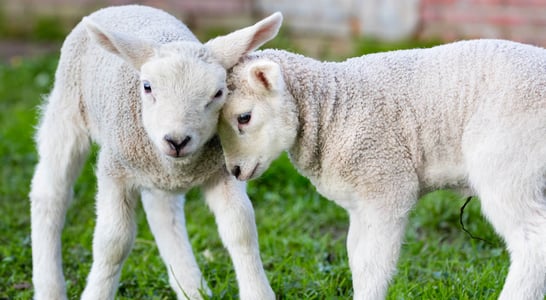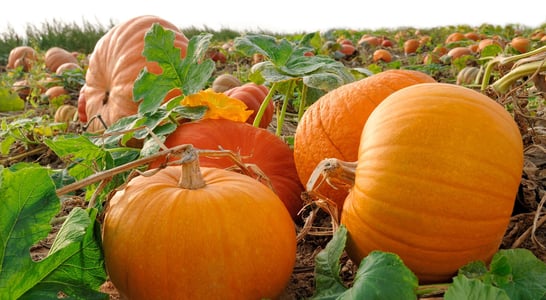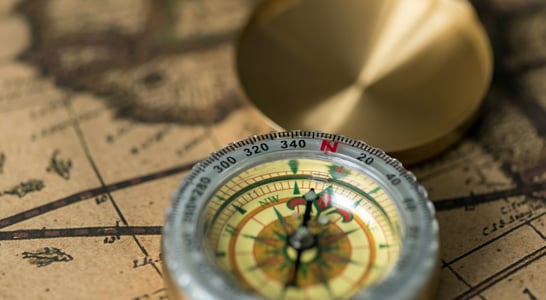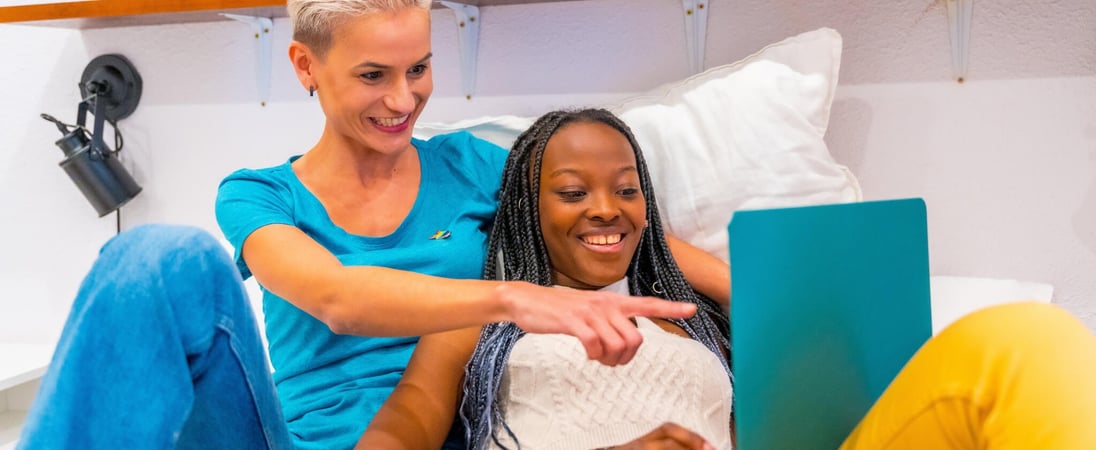
Global Media and Information Literacy Week
Have you ever felt overwhelmed by the vast amount of information available online? Media and Information Literacy (MIL) equips you with the skills to navigate and evaluate this information effectively.
It helps you distinguish between credible news and misleading content, enhancing your ability to make informed decisions.
Therefore, every year, from October 24 to 31, people around the world celebrate Global Media and Information Literacy Week.
This exciting event highlights the vital skills needed to navigate the media and information landscapes effectively.
During this week, various organizations and individuals focus on enhancing our ability to critically assess and engage with media and information, especially in the ever-expanding digital spaces.
The week serves as a platform to discuss and develop strategies to tackle challenges like misinformation and the digital divide. These challenges can make it tough for many to access reliable information and use it responsibly.
The aim is to empower communities worldwide by improving their media and information literacy, helping everyone make informed decisions and participate actively in digital and media environments.
History of Global Media and Information Literacy Week
Global Media and Information Literacy Week began with a powerful idea in Fez, Morocco, in 2011. The concept emerged from the recognition of the essential need for media and information literacy (MIL) in our modern world.
UNESCO officially launched the observance in 2012, aiming to enhance the public’s media and information skills globally. This initiative has grown significantly, involving partners worldwide to organize activities that strengthen these critical skills among diverse populations.
Throughout the years, different countries have hosted this week, providing a platform to raise awareness about the importance of MIL.
For instance, South Africa hosted the event in 2021, focusing on various educational activities and discussions around MIL’s role in society.
Each year, the week serves to connect professionals from various fields, ranging from educators to librarians, enhancing collaborative efforts to tackle media and information challenges.
The significance of Global Media and Information Literacy Week lies in its ability to foster key competencies that help people effectively engage with media and information sources.
These skills are crucial for navigating the complexities of our digital age, where misinformation can easily spread, and media literacy is essential for making informed decisions.
How to Celebrate Global Media and Information Literacy Week
Celebrating Global Media and Information Literacy Week can be a delightful mix of learning and fun. Here are some quirky and playful suggestions on how to get involved:
Unleash Your Inner Detective
Kick things off by playing detective in a media mystery game. Participants can solve clues based on media literacy principles. It’s a playful way to explore the critical evaluation of various media sources.
Host a Meme-Making Marathon
Encourage creativity and critical thinking by hosting a meme-making contest. Focus on themes related to media literacy and the responsible consumption of information. It’s fun for participants to express their understanding of media influence through humor and satire.
MIL Movie Night
Organize a movie night with films that explore themes of media influence, information manipulation, or digital citizenship. Follow it up with a discussion to debrief and discuss the themes viewed, fostering a deeper understanding of media’s role in society.
Digital Scavenger Hunt
Create a digital scavenger hunt that requires participants to find examples of good and bad media practices. This can be an engaging way to highlight the importance of discerning reliable sources from misleading ones.
Swap it Up Social
Invite friends or colleagues to a ‘Swap it Up Social‘ where everyone brings a book or article on media literacy.
Swap items and discuss what everyone learned from their new read. This exchange not only spreads knowledge but also sparks conversations on different aspects of media literacy.
Also on ...
View all holidaysNational Food Day
Eating well doesn't have to be boring or restrictive — fuel your body with nutrient-dense foods that energize and nourish you.
National Hug A Sheep Day
There's something incredibly heartwarming about embracing these fluffy, gentle creatures, connecting with nature in a most serene and endearing way.
National Pumpkin Day
Round and orange, they bring fall to life with their vibrant hue and make for the perfect canvas for all your creative carving ideas.
We think you may also like...
World Tuberculosis Day
Honoring the relentless human spirit in the face of a formidable adversary, a disease that has shaped history and medical progress.
